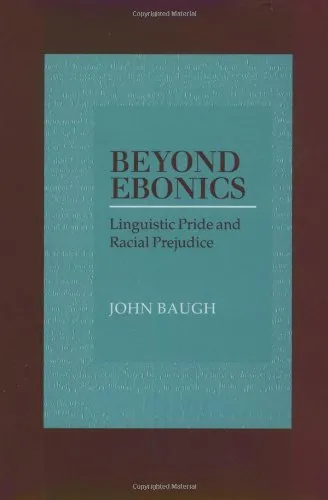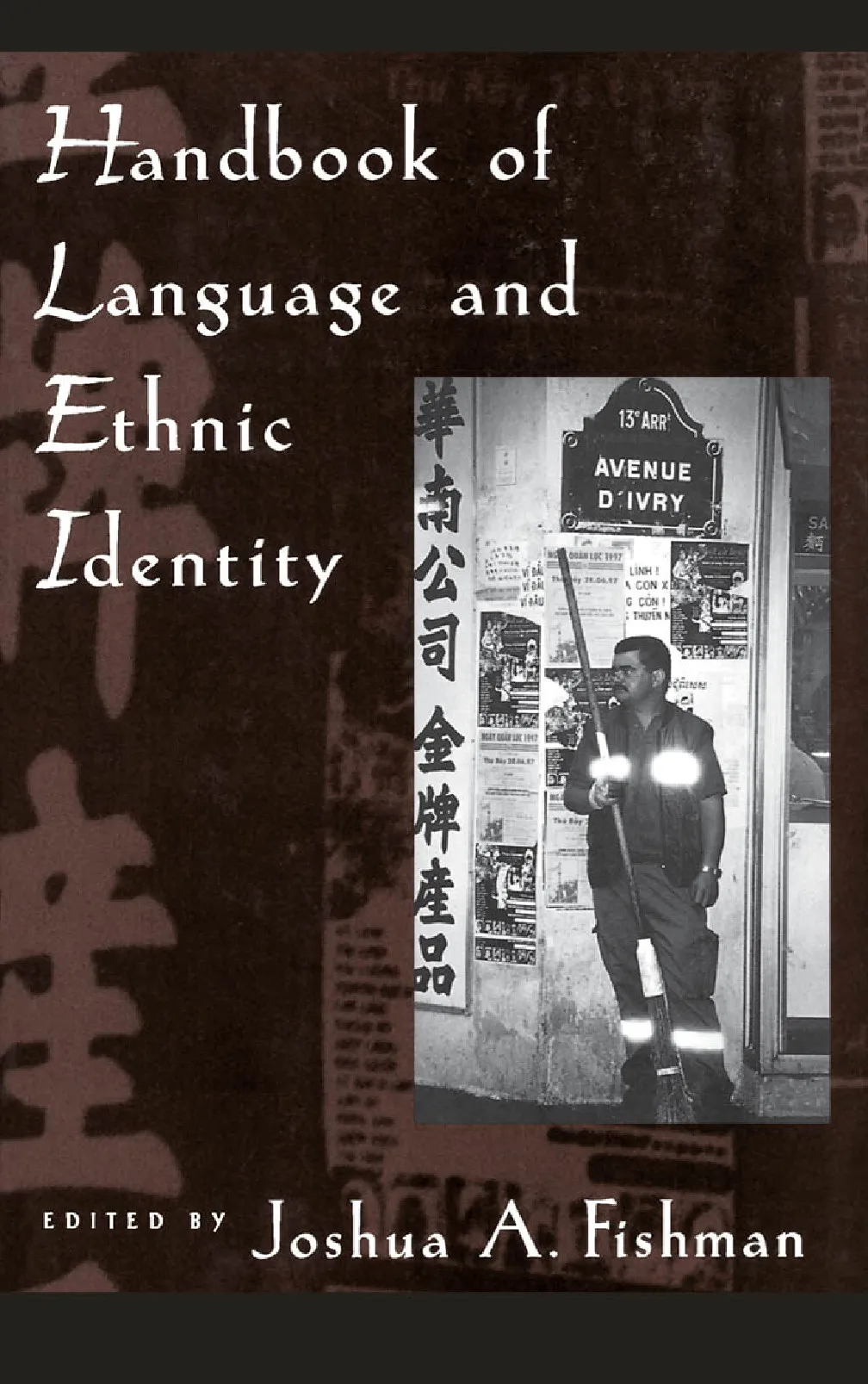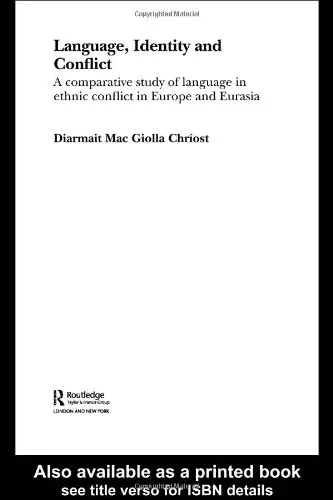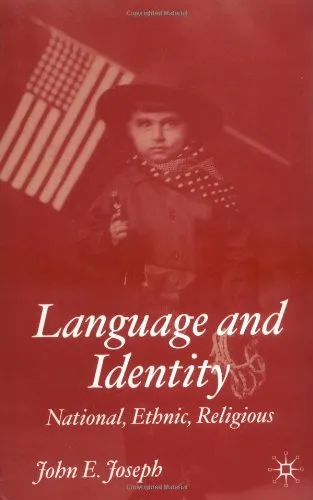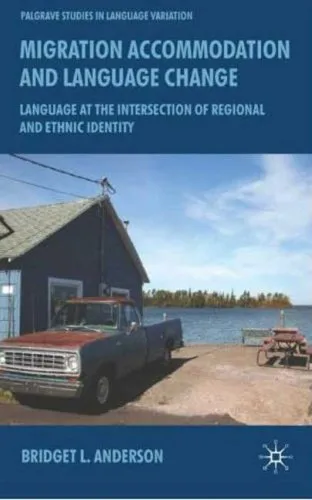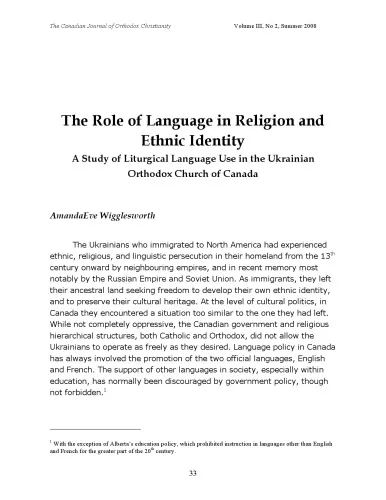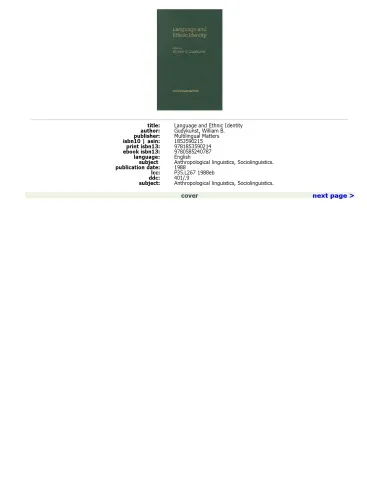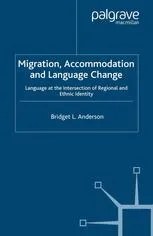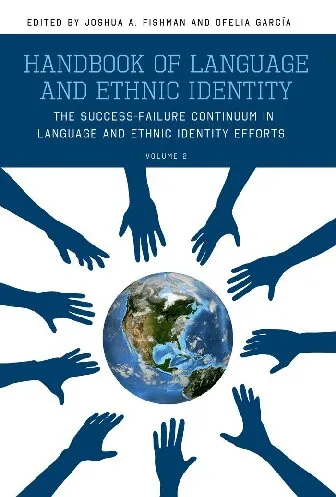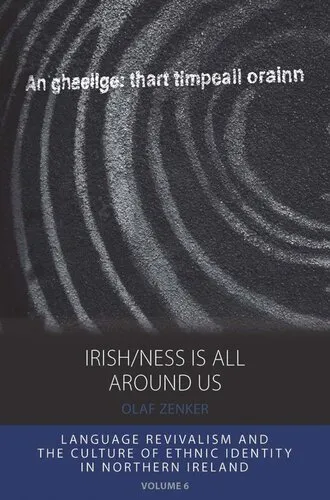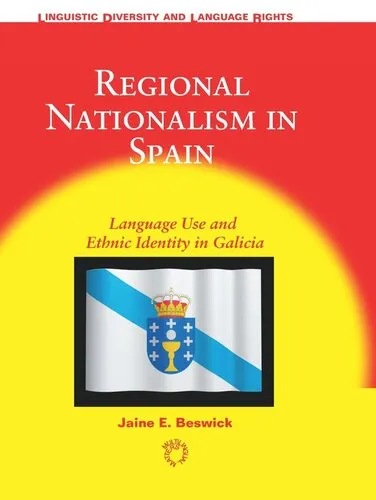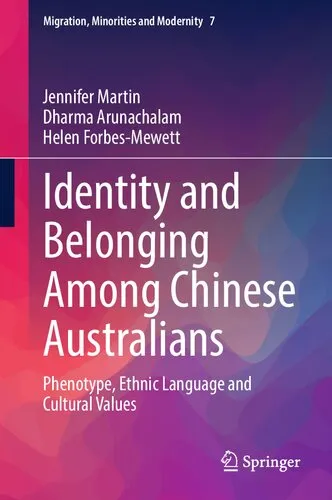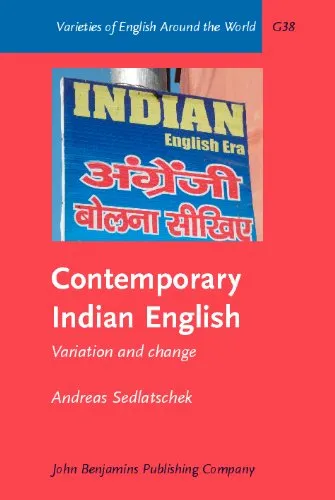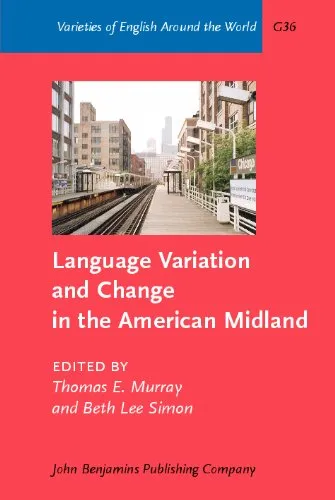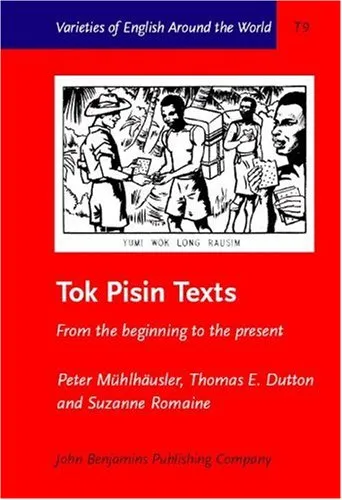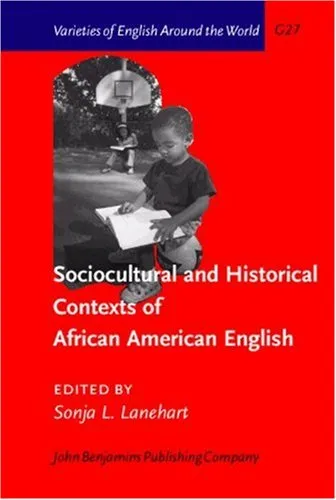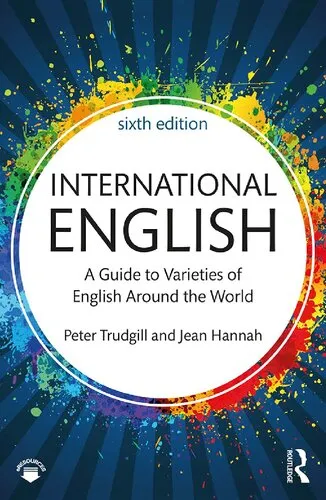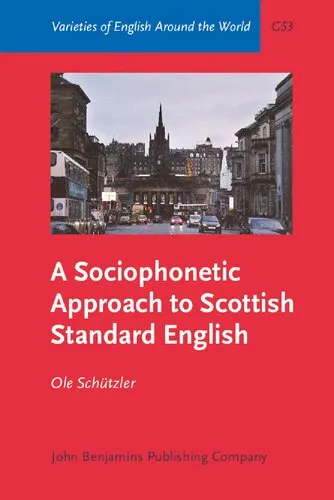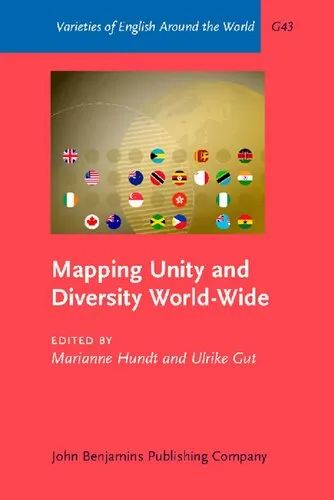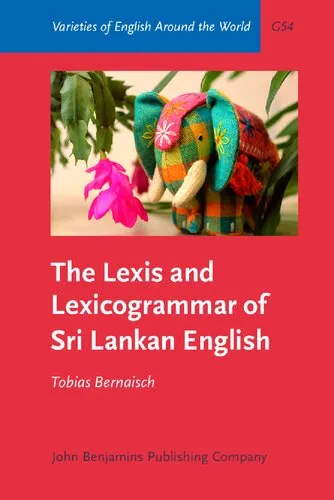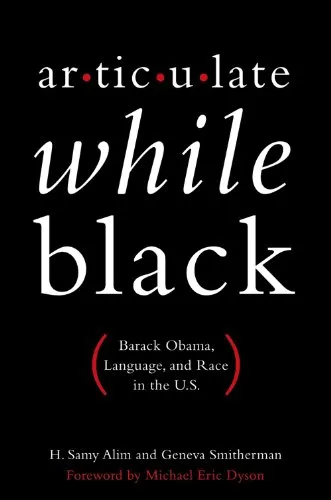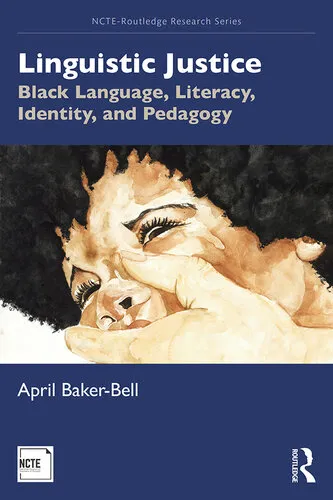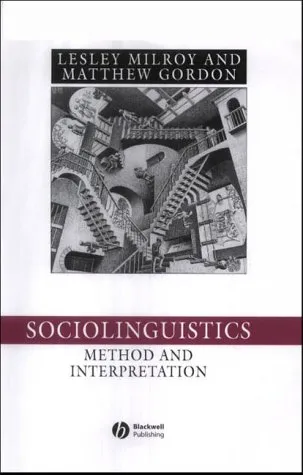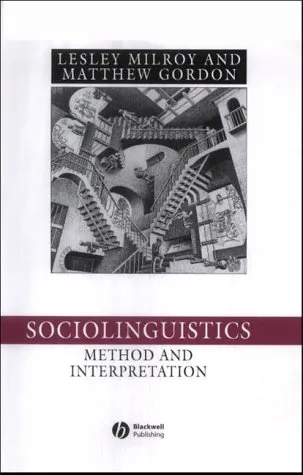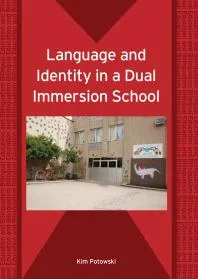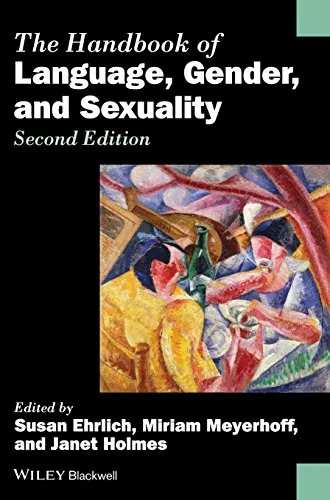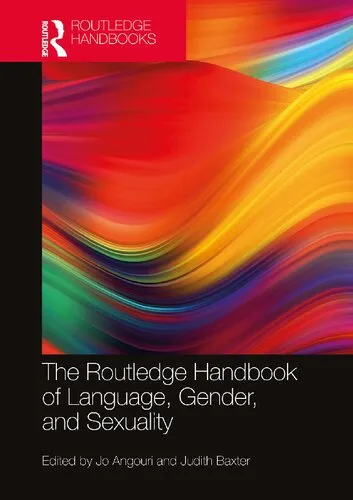Beyond Ebonics: Linguistic Pride and Racial Prejudice
3.9
Reviews from our users

You Can Ask your questions from this book's AI after Login
Each download or ask from book AI costs 2 points. To earn more free points, please visit the Points Guide Page and complete some valuable actions.Related Refrences:
Persian Summary
Welcome to the exploration of linguistic diversity and social justice through John Baugh's insightful book, "Beyond Ebonics: Linguistic Pride and Racial Prejudice". This pivotal work is an invaluable asset for scholars, educators, and anyone interested in understanding the intersection of language and race.
Detailed Summary of the Book
"Beyond Ebonics" dives into the heart of American sociolinguistics to examine the controversies and misconceptions surrounding African American Vernacular English (AAVE). Baugh meticulously unravels the complexity of Ebonics, an often misunderstood dialect, by providing historical context and analyzing the societal implications of linguistic bias.
The book opens by framing Ebonics within the larger discourse of dialect diversity in America. Baugh critiques the simplistic narratives that pigeonhole Ebonics merely as a speech deficiency rather than acknowledging it as a legitimate linguistic system with its own rules and history. He draws on a variety of case studies and anecdotes to illustrate how linguistic prejudice serves as a proxy for racial discrimination.
Baugh's work is a call to action, urging educators and policymakers to adopt more inclusive approaches that recognize and respect linguistic diversity. He champions linguistic pride by arguing for the validation of Ebonics as part of the rich tapestry of American English dialects, emphasizing its contributions to cultural identity and community cohesion.
Key Takeaways
- Linguistic Legitimacy: Baugh advocates for the recognition of Ebonics as a legitimate dialect, emphasizing its unique grammar and historical origins.
- Educational Reform: The book highlights the necessity for educational systems to adapt teaching methods that are sensitive to linguistic diversity, ensuring that students who speak Ebonics are not unfairly penalized.
- Challenging Stereotypes: Baugh confronts the stereotype-driven misconceptions that often lead to racial prejudice, encouraging a broader understanding of the socio-cultural significance of language.
- Policy Implications: He calls for significant policy reforms to promote linguistic justice, ensuring non-discriminatory practices in workplaces and educational institutions.
Famous Quotes from the Book
“Linguistic awareness and acceptance do not require the elimination of standardized language norms, but they do require an appreciation of linguistic diversity.”
“To understand Ebonics is to recognize it as a meaningful expression of the African American experience, deep-rooted in history and culture.”
Why This Book Matters
"Beyond Ebonics" serves as a critical resource in the ongoing discussion about race, identity, and the role of language in society. It challenges readers to reconsider commonly held beliefs about linguistic hierarchy and biases, offering a deeper appreciation for the cultural richness of dialects often marginalized in educational and social contexts.
John Baugh’s pioneering research and eloquent advocacy present a compelling case for the inclusion of linguistic diversity within broader discussions of civil rights and social equity. By shedding light on the intricate connections between language and racial prejudice, the book provides a roadmap for fostering an inclusive environment where all linguistic backgrounds are valued and respected.
Free Direct Download
You Can Download this book after Login
Accessing books through legal platforms and public libraries not only supports the rights of authors and publishers but also contributes to the sustainability of reading culture. Before downloading, please take a moment to consider these options.
Find this book on other platforms:
WorldCat helps you find books in libraries worldwide.
See ratings, reviews, and discussions on Goodreads.
Find and buy rare or used books on AbeBooks.
1575
بازدید3.9
امتیاز0
نظر98%
رضایتReviews:
3.9
Based on 0 users review
Questions & Answers
Ask questions about this book or help others by answering
No questions yet. Be the first to ask!
